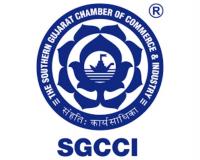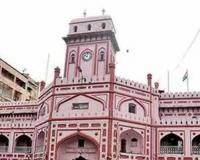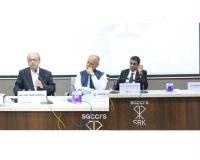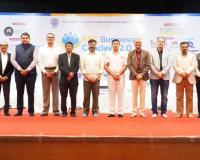Surat Textile Market: A Legacy of Tradition, Trade, and Unity Since 1972

Surat, May 12 — Recognized as one of the oldest and most prestigious textile hubs in Surat, the Surat Textile Market (STM) continues to stand as a beacon of India’s synthetic and traditional fabric trade. Known for its wide range of synthetic sarees, dress materials, cotton fabrics, bridal suits, lehengas, and other ethnic wear, STM has earned not just national but international recognition over the years.
Established in 1972, the market was formally inaugurated by former Prime Minister Morarji Desai. The foundation stone was laid back in 1968 under the leadership of Suraj Ram Bachkaniwala, marking the beginning of a significant commercial transformation for the city’s textile industry.
Strategically located on Surat’s bustling Ring Road, the market enjoys excellent connectivity and accessibility for both traders and customers. Housing a total of 1,566 shops, the majority of these units remain active and vibrant with daily wholesale and retail trade activities.
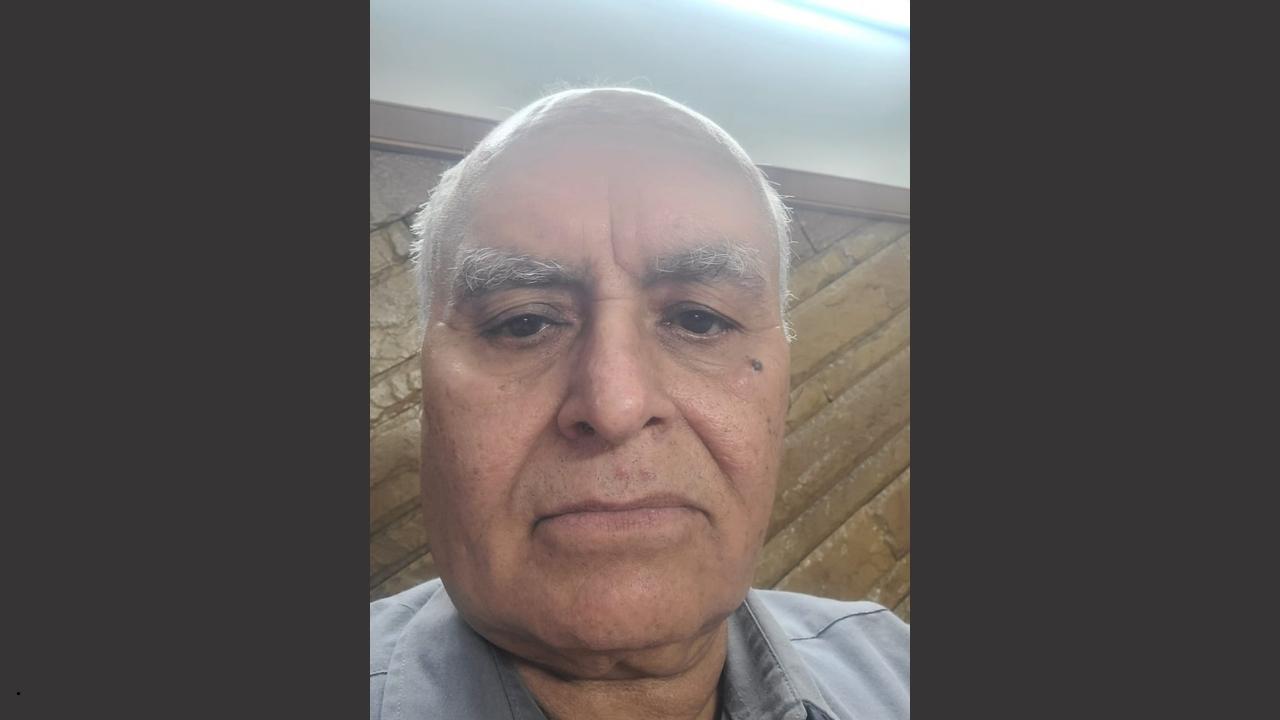
In a conversation with Loktej, Vice President Govind Lal Narang highlighted the structural strength of the market’s governance. He shared that STM is managed by a 21-member administrative committee, which notably includes two women and one representative from the SC/ST community. The key office bearers include President Rajendra Bhai Ordiya, Vice President Govind Lal Narang, Joint Vice President Pawan Kumar Lekhraj Chugh, Secretary Ramesh Doshi, Joint Secretary Rajesh Pamlani, and Treasurer Ganesh Jain, among others.
For enhanced security, nearly 500 CCTV cameras have been installed throughout the premises, accompanied by a dedicated team of security personnel. One unique feature that once made STM iconic was Asia’s first revolving restaurant, which was established at the market in 1972 itself.
Narang emphasized the spirit of unity among traders and staff. During festivals and cultural occasions, the entire market community comes together to celebrate with enthusiasm, reinforcing the values of solidarity and collaboration. He also acknowledged the ongoing support from former committee leader Harbans Rewadi, whose contributions continue to guide the market’s collective efforts.
Surat Textile Market remains not just a commercial center, but a cultural and historical landmark reflecting the spirit of cooperative growth and traditional legacy in one of India’s leading textile cities.


